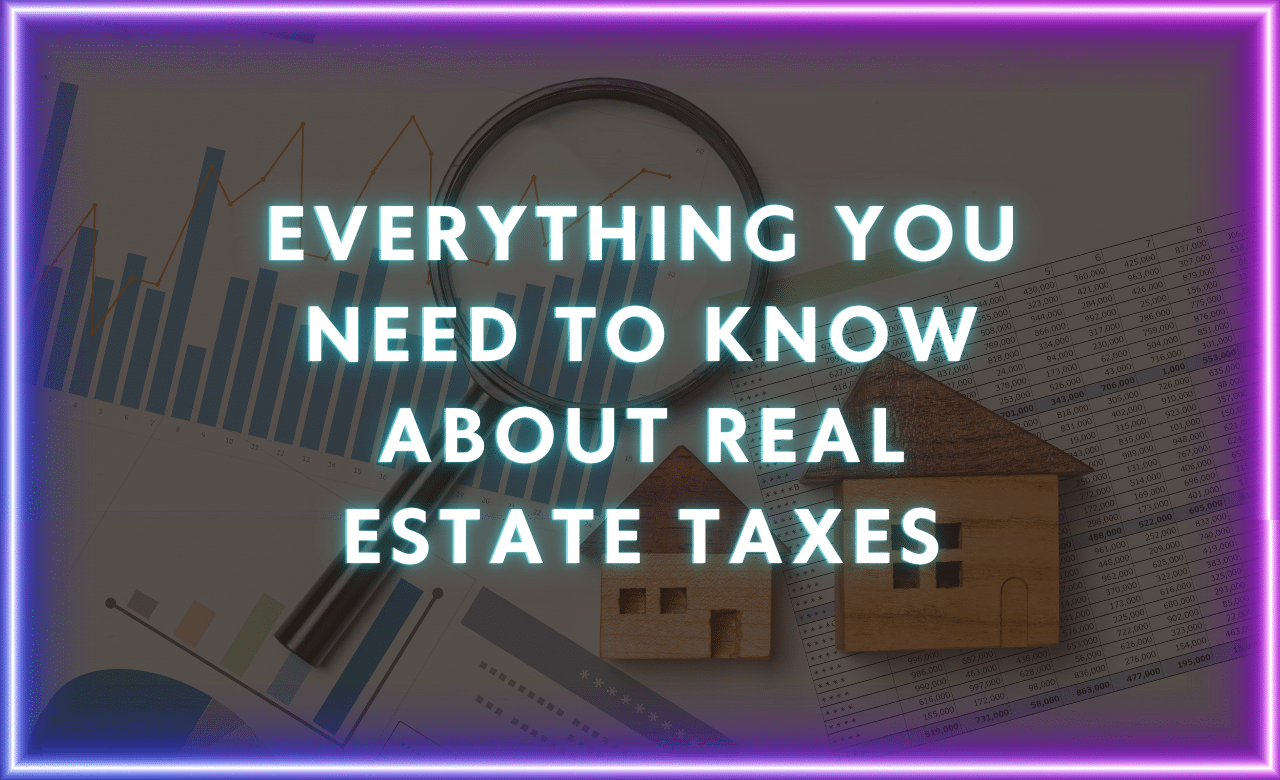Hey everyone, I’m Bette Hochberger, CPA, CGMA. Real estate taxes can be a significant part of property ownership, impacting your overall investment and financial planning. Whether you’re a homeowner, investor, or real estate professional, understanding the details of real estate taxes is crucial.
Today’s blog will cover the essentials, from what real estate taxes are to how they are calculated, and everything in between. Let’s dive in!
What Are Real Estate Taxes?
Real estate taxes, also known as property taxes, are taxes imposed by local governments on property owners. These taxes are based on the value of the property, including both the land and any structures on it. The revenue generated from real estate taxes is used to fund public services such as schools, roads, and emergency services.
How Are Real Estate Taxes Calculated?
Assessment of Property Value
The amount of real estate tax you owe is determined by the assessed value of your property. Local government assessors evaluate your property’s value based on various factors, including market trends, property features, and recent sales of similar properties in the area.
Tax Rate
Once your property is assessed, the local government applies a tax rate, often referred to as a millage rate, to the assessed value. A millage rate is typically expressed in mills, where one mill equals one-tenth of a cent ($0.001). For example, a tax rate of 20 mills means you pay $20 for every $1,000 of assessed property value.
Types of Real Estate Taxes
Property Taxes
These are annual taxes based on the assessed value of the property. They are the most common type of real estate tax and are used to fund local services.
Transfer Taxes
When property changes hands, a transfer tax is often levied on the transaction. This tax can be a percentage of the sale price or a flat fee, depending on local laws.
Capital Gains Taxes
If you sell a property for more than you paid for it, you may owe capital gains taxes on the profit. The rate depends on how long you’ve owned the property and your income level.
Special Assessments
In addition to regular property taxes, property owners may be subject to special assessments for specific projects, such as road repairs or infrastructure improvements in their area.
Real Estate Tax Exemptions and Deductions
Homestead Exemption
Many states offer a homestead exemption, which reduces the taxable value of your primary residence, thereby lowering your property tax bill.
Senior Citizen and Veteran Exemption
Some areas provide additional exemptions for senior citizens, veterans, and disabled individuals, helping to reduce their real estate tax burden.
Mortgage Interest Deduction
Homeowners can often deduct mortgage interest paid on loans used to purchase, build, or improve their primary residence, reducing their overall taxable income.
Property Tax Deduction
You may be able to deduct state and local property taxes on your federal income tax return, subject to certain limitations.
Tips for Managing Real Estate Taxes
Stay Informed
Keep up-to-date with local property tax laws and changes that may affect your tax bill. Attend local government meetings and review your property assessment regularly.
Appeal Your Assessment
If you believe your property’s assessed value is too high, you can appeal the assessment. Provide evidence, such as recent comparable sales, to support your claim.
Budget for Taxes
Include property taxes in your annual budget to avoid surprises. Many lenders offer escrow accounts to help manage these payments throughout the year.
Consult a Tax Professional
Real estate taxes can be complex. Consulting with a real estate tax professional can help you navigate exemptions, deductions, and ensure compliance with all regulations.
Understanding real estate taxes is essential for property owners. By knowing how these taxes are calculated, the types of taxes you may encounter, available exemptions and deductions, and tips for managing your tax obligations, you can better plan and budget for the costs associated with property ownership.
I hope you learned something new today! As always, stay safe, and I will see you next time.










